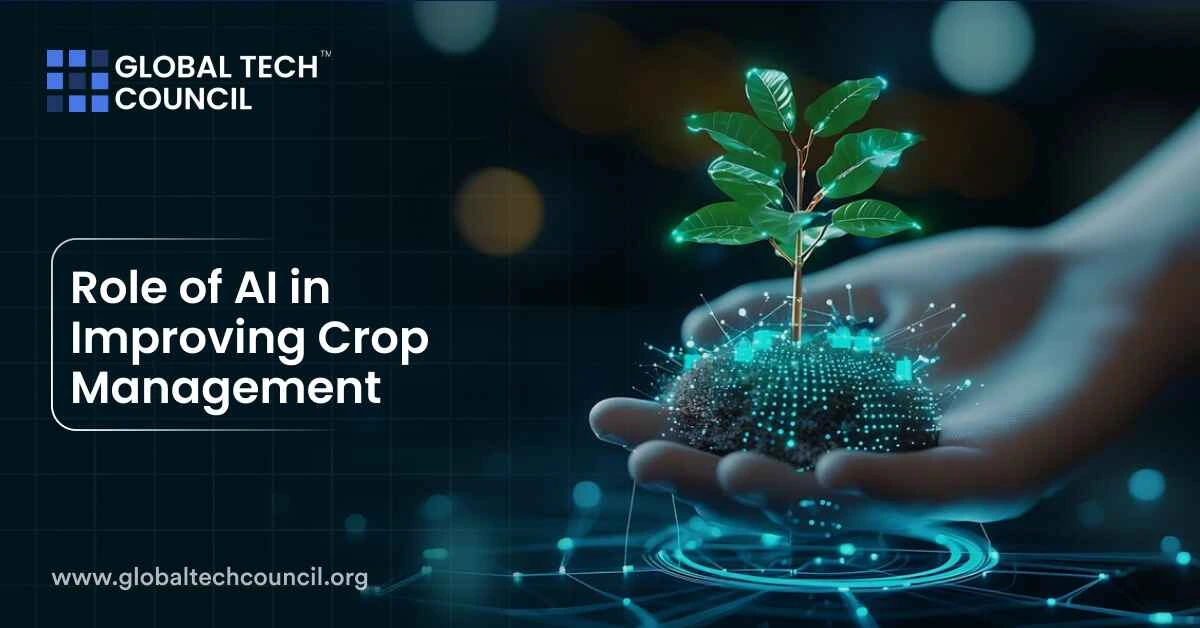
Artificial intelligence (AI) is bringing significant changes to farming, helping make crop management more efficient and sustainable. By processing large sets of data, AI allows farmers to make better choices about planting, watering, fertilizing, and controlling pests.
Improving Crop Observation and Health Checks
AI-based tools are helping farmers keep a closer eye on their crops and detect problems early. For example, the app Plantix, created by PEAT GmbH, uses AI to identify plant diseases from photos submitted by users. Initially created to help reduce the need for pesticides with eco-friendly advice, the app has expanded to support pesticide purchases, highlighting the evolving relationship between tech and farming methods.
In northern Queensland, Australia, experts from James Cook University have developed an AI system that uses satellite pictures to spot a disease affecting sugarcane, known as Ratoon Stunting Disease. Catching the disease early enables farmers to act quickly, saving significant portions of their harvest.
Smarter Use of Resources
AI is improving the way farmers manage resources such as water and fertilizers. Using information from soil monitors, weather predictions, and crop models, AI tools calculate exactly how much water or nutrients are needed. This reduces waste and minimizes harm to the environment. For instance, AI systems measure soil temperature, moisture levels, and nutrient content to suggest precise irrigation and fertilization techniques.
AI prediction tools also rely on past and current weather data to estimate temperature changes and rainfall. These insights help farmers plan when to water or plant, ensuring crops grow under the best possible conditions.
Tackling Weed and Pest Challenges
AI technologies are transforming how weeds and pests are controlled, allowing for more precise actions. A company called FarmWise, based in the U.S., has created an automated weeding machine that uses AI and robotics to find and remove weeds without chemicals. This innovation cuts down on herbicide use and helps protect the environment. To know more about AI and its impact on crop management, consider getting expert-led AI certifications by the Global Tech Council.
Similarly, Solix Ag Robotics by Solinftec has developed robots equipped with sensors to monitor plants, identify weeds, and check nutritional levels. These devices provide immediate feedback, letting farmers take action quickly and reduce dependence on chemical treatments.
Supporting Autonomous Agriculture
AI is at the forefront of self-operating farm equipment. In the UK, the Hands Free Hectare project demonstrated how AI-powered machines can manage an entire cropping cycle, from planting to harvesting, without human involvement. This showcases the potential for AI to handle labor-intensive tasks on its own.
In the U.S., self-driving tractors and harvesters are being designed to tackle labor shortages while boosting efficiency. These machines navigate fields, perform tasks like planting, and make real-time decisions based on data from sensors.
Assisting Decision-Making with Forecasting Tools
AI improves farm decision-making by using forecasting systems. It analyzes weather trends, soil conditions, and crop data to predict harvest outcomes and flag potential risks. For example, drones equipped with AI have been used in cashew farming to spot diseases early and apply pesticides more precisely, helping protect crops.
AI also evaluates genetic, environmental, and management factors to forecast how crops will perform under different conditions. This enables farmers to choose crop varieties that are most suitable for their land, improving yield while making efficient use of resources.
Promoting Eco-Friendly Practices
AI encourages eco-friendly farming by making input applications more targeted, reducing waste, and lessening environmental harm. For example, AI can detect specific areas in a field that need attention, allowing fertilizers or pesticides to be used only where necessary. This approach saves resources and reduces harmful runoff into nearby ecosystems.
It also helps manage water consumption by monitoring and optimizing its use. By ensuring crops get enough water without over-irrigation, AI supports water conservation and helps farmers maintain sustainable practices.
Improving Market Access and Supply Chains
AI helps farmers reach markets more easily by offering insights into demand and pricing trends. This allows them to plan production better, avoiding overproduction or shortages. AI can also streamline supply chains, ensuring produce gets to markets faster and in good condition.
For instance, AI-based platforms connect farmers directly with buyers, simplifying transactions and providing real-time price updates. This transparency enables farmers to decide the best time and place to sell their crops, boosting profitability.
Addressing Barriers and Ethical Issues
Although AI brings many benefits to modern farming, it also introduces challenges. The high costs of implementing these technologies can make them inaccessible to small-scale farmers. Moreover, concerns about data privacy and the risk of job losses due to automation must be carefully managed.
Making AI tools affordable and widely available to farmers of all sizes is key. This can be achieved through supportive policies, training programs, and resources that ensure equitable access for everyone involved in farming.
Future Outlook
AI’s role in farming is expanding, turning traditional practices into more efficient and eco-conscious systems. By using data from tools like sensors and drones, AI offers solutions that boost productivity, lower environmental harm, and improve profits.
The potential for AI to solve issues such as resource limitations, labor shortages, and unpredictable weather is significant. Innovations like self-operating machinery, early disease detection, and market trend analysis empower farmers to make better decisions while preserving resources.
Still, making AI accessible requires tackling financial and digital divides, as well as ensuring data security. Governments, tech companies, and farming communities need to work together to promote fair and sustainable farming advancements.
As farming evolves, AI will likely provide even more tools to ensure food security, reduce waste, and support the environment. By adopting these advancements, the agricultural sector can rise to meet growing food demands while protecting the planet for future generations.